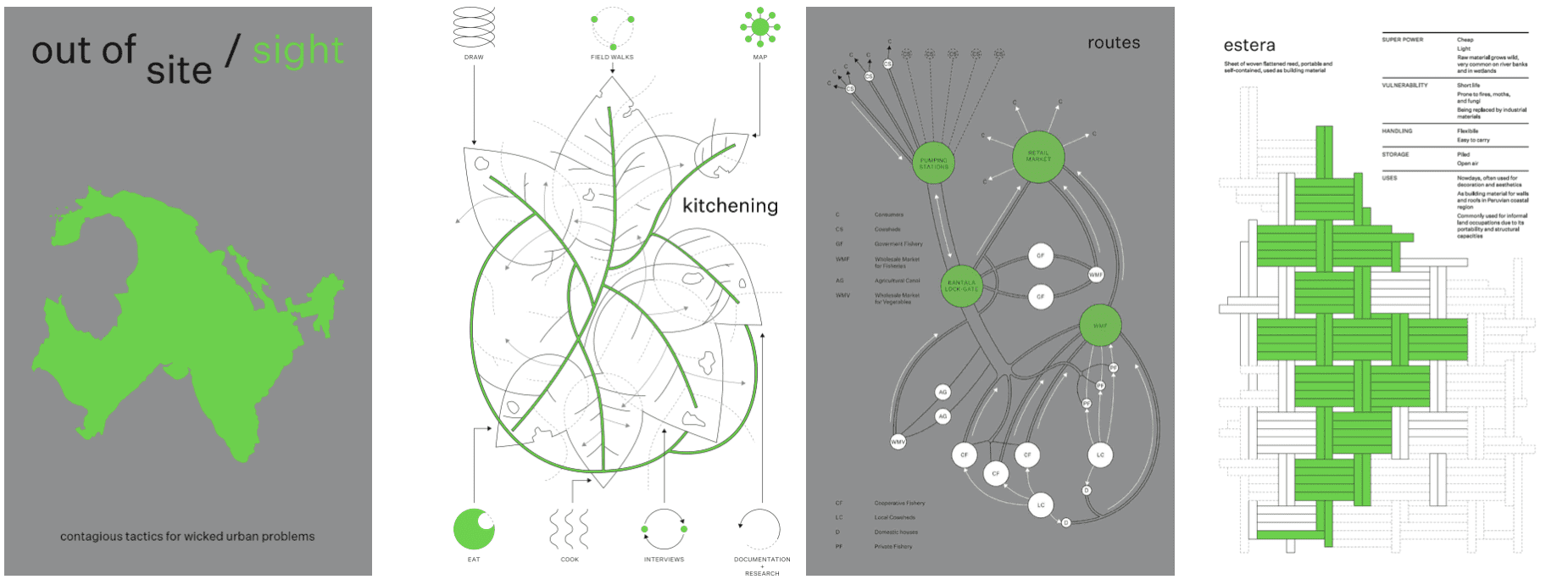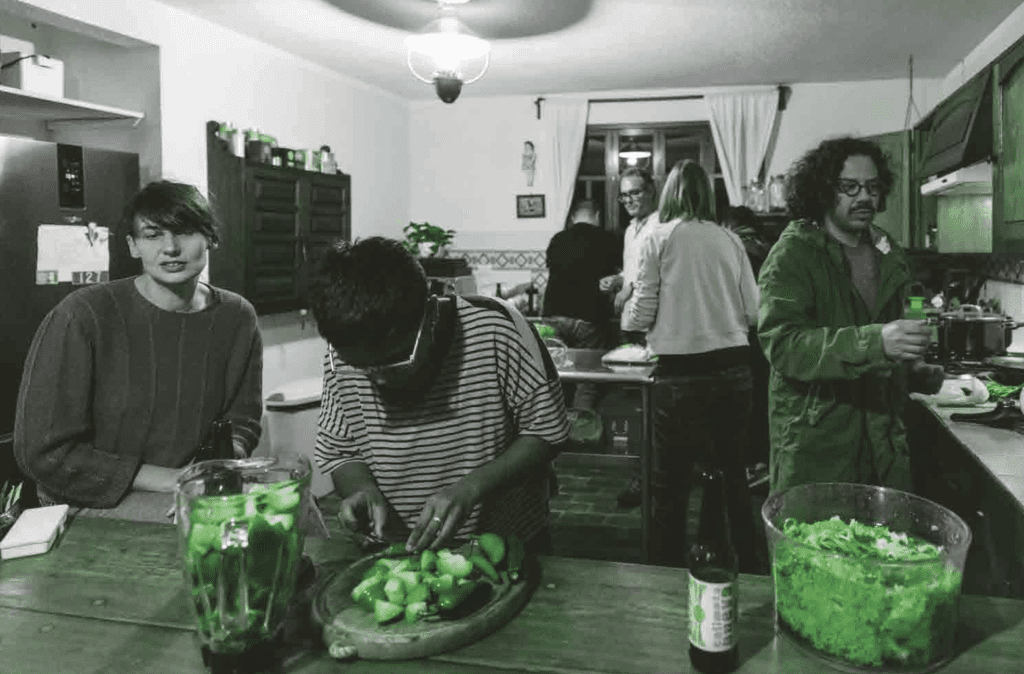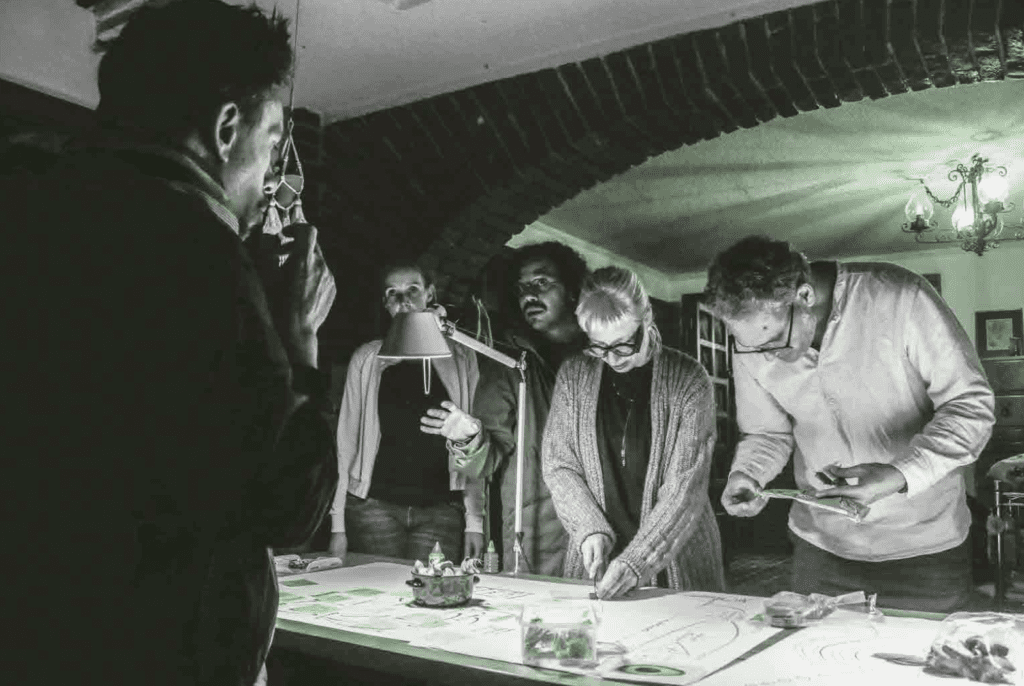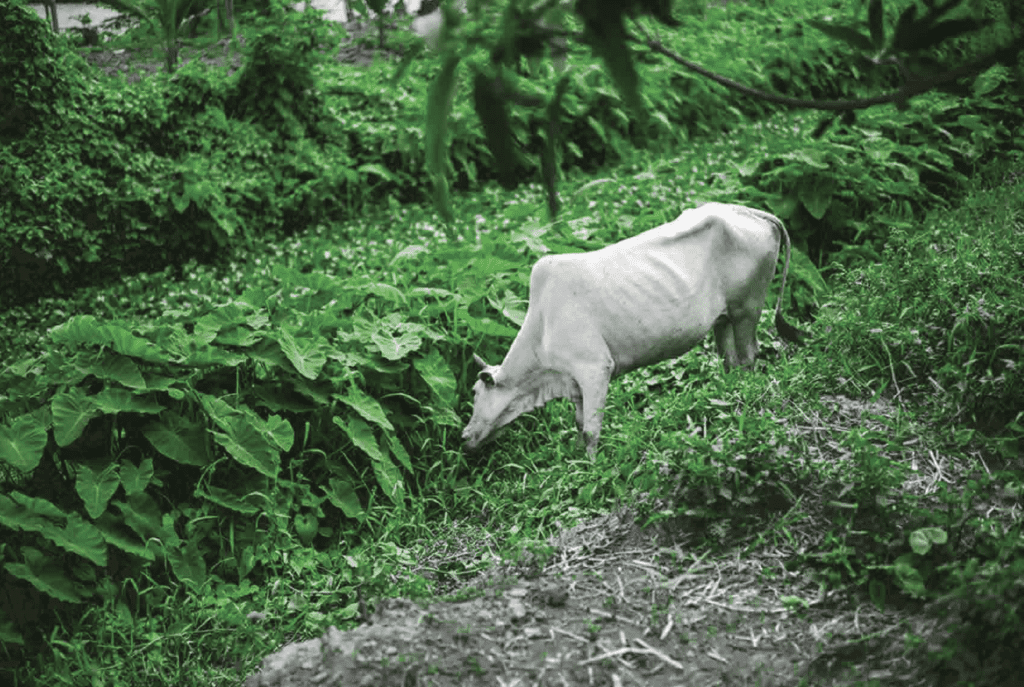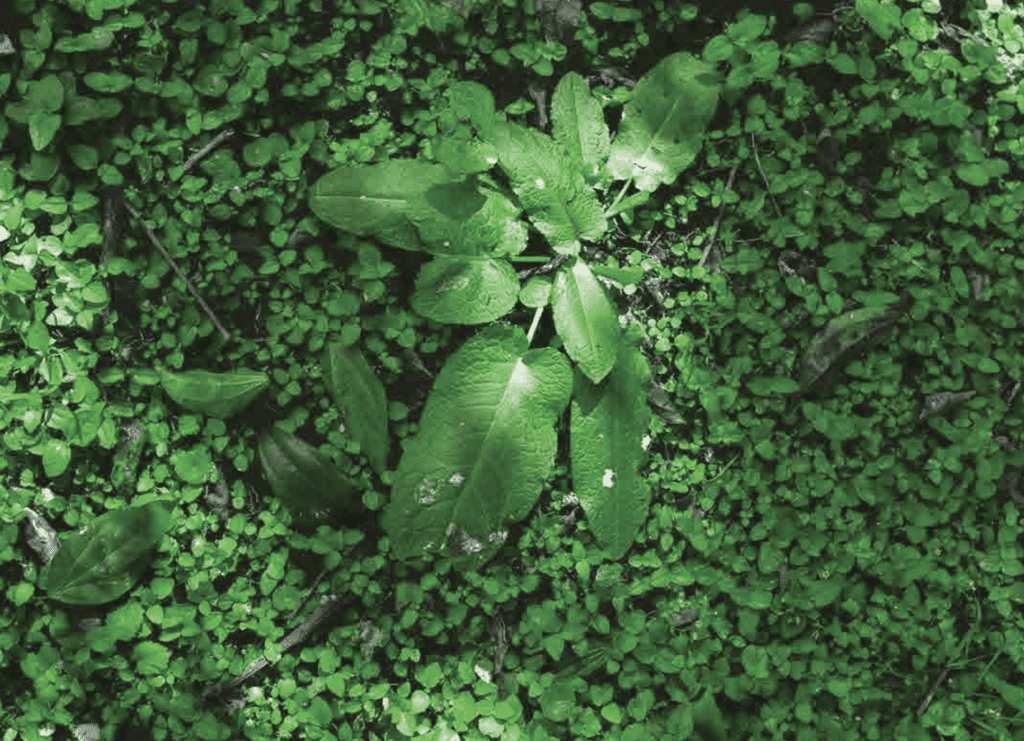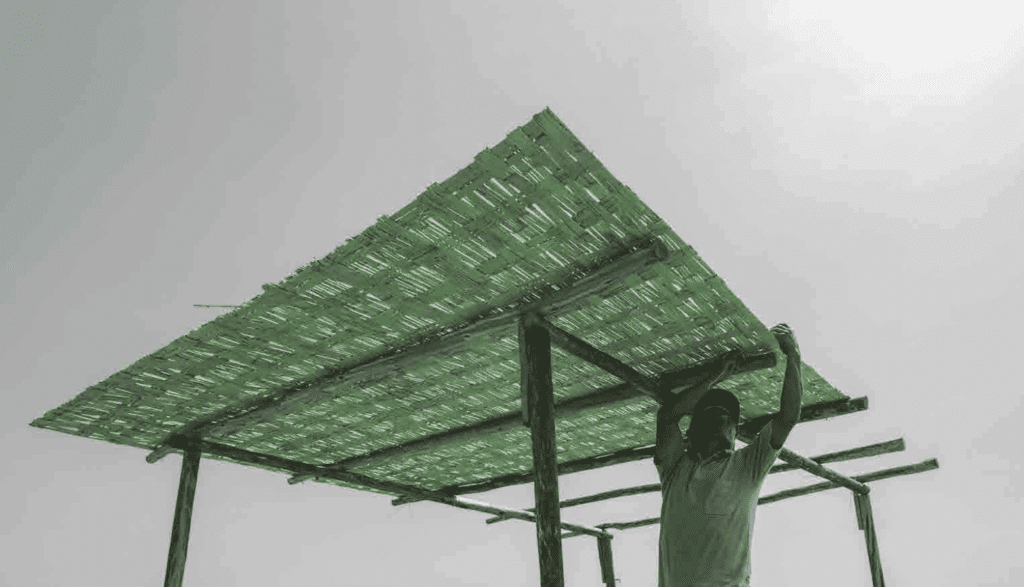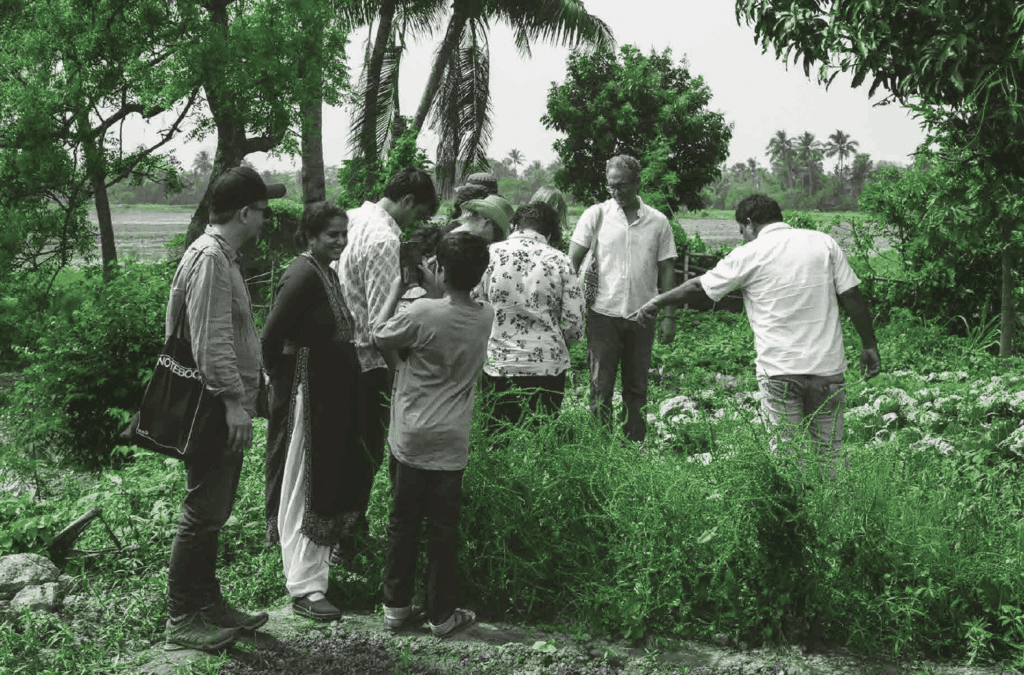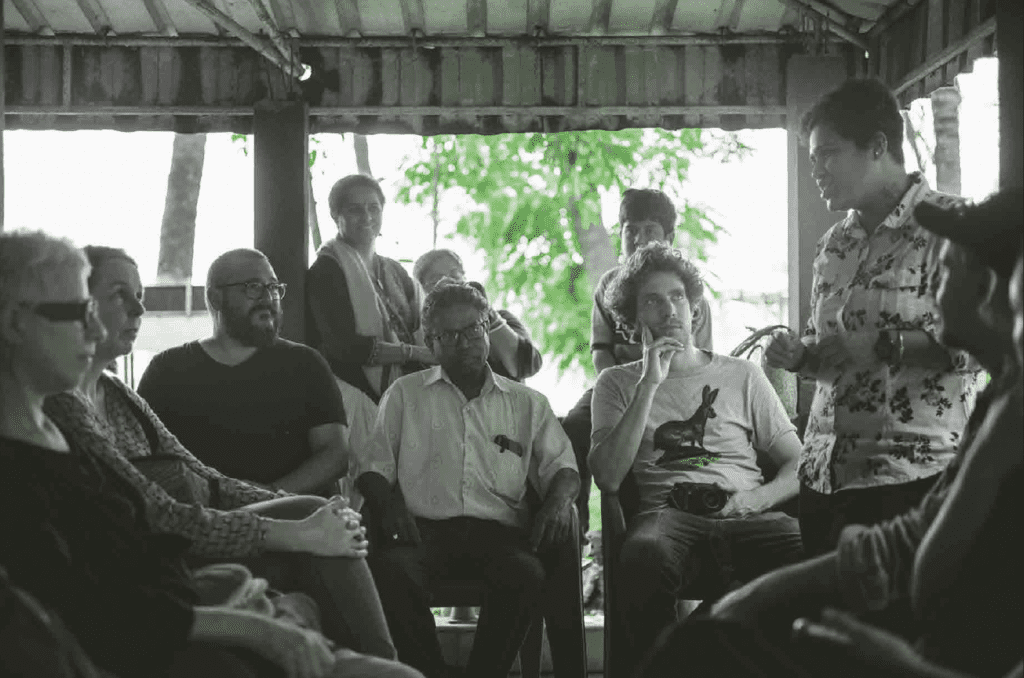In times when wicked problems loom over our urban age, and uncertainty is the only certainty, it is our conviction that ‘undisciplined’ methods and trajectories can lead to resistance at local levels, crafting global change at diverse scales of actions. In this project, three teams from Kolkata (India), Xalapa (Mexico), and Lima (Peru) co-designed KITCHENING (verb) as a collective, transversal, and intimate methodology of action-research to embark on parallel journeys through the complexities within each context. KITCHENING, as a mutually contagious tactic, enabled the incorporation of multisensorial and experimental modes of inquiry. The three teams nurtured alliances with, and allowed themselves to be guided by non(human) allies—cow dung, quelites, and esteras—, which gradually opened questions and traced paths through grounded wicked urban problems.







